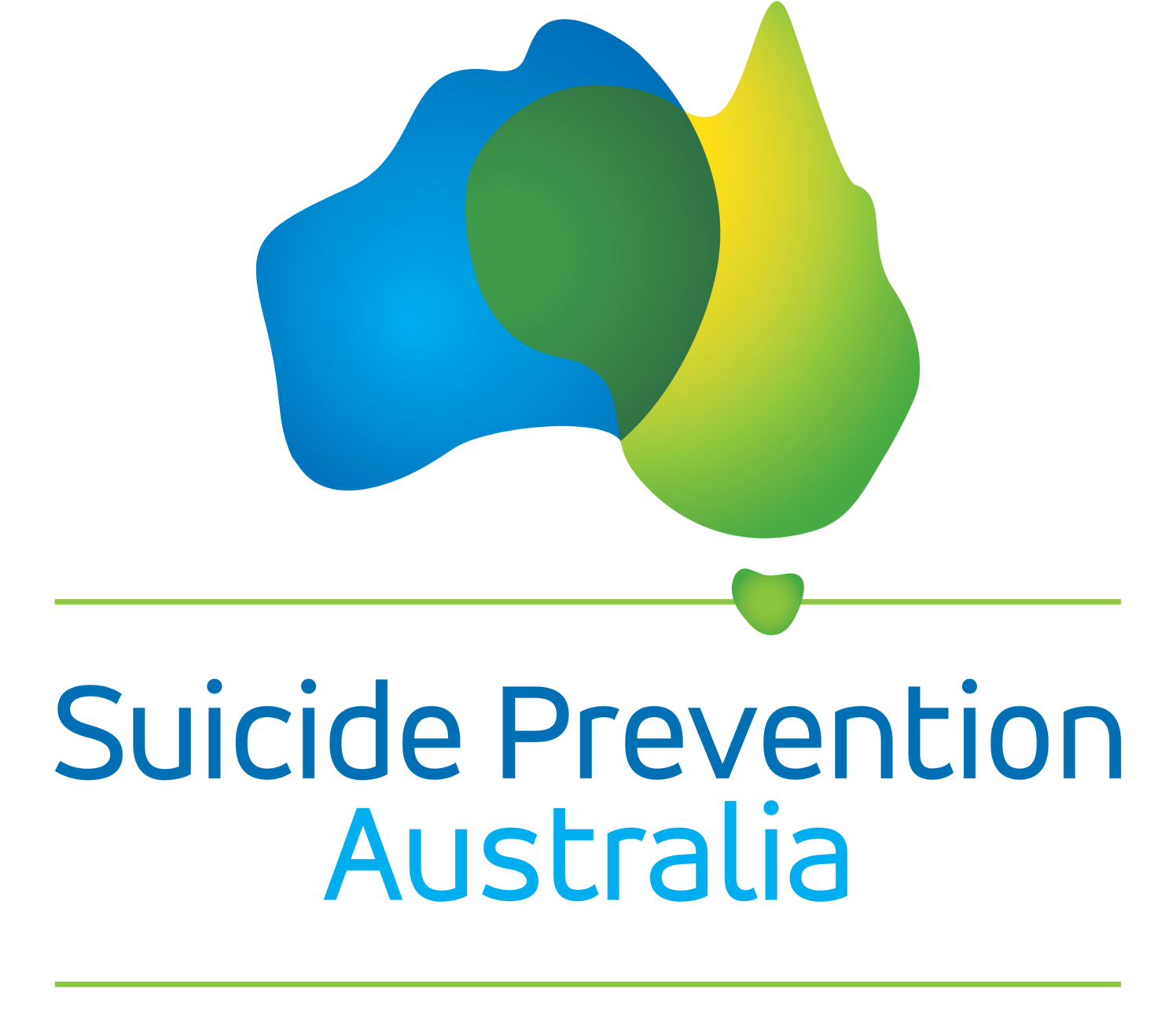Suicide Prevention Australia CEO, Nieves Murray & Lifeline Australia CEO, Colin Seery
Ahead of Christmas, we encourage Australians to take time out to plan for how they will cope with challenges over the coming weeks and consider whether they, or someone they know, might need additional support.
With technological advancements we are now more connected than ever, and ironically, data is pointing to a loneliness epidemic.
All human beings are vulnerable to experiencing loneliness. You can be surrounded by people and feel lonely. It’s about how we perceive the quality of our relationships that defines loneliness.
Social isolation and loneliness can be harmful to both mental and physical health.
They are considered substantial health and wellbeing issues in Australia because of the impact they have on peoples’ lives. The frequency of social contact has been declining across all age groups in Australia for decades. Research has shown loneliness has been found to increase the risk of premature death by approximately 30 per cent.
Earlier this month, The World Health Organisation (WHO) made loneliness a global health priority during the launch of a new Commission on Social Connection. The focus of the commission will be on reviewing the latest science and designing strategies to help people deepen their social connections.
In 2018 the UK appointed the world’s first Minister for Loneliness supported by launching a cross-government strategy to address loneliness to respond to evidence that up to a fifth of UK adults feel lonely most or all of the time. Japan has followed suit appointing its first Minister for Loneliness in 2021. Strong international evidence also shows that a whole-of-government approach is essential to driving reform, coordinated action and a reduction in the suicide rate. Since the introduction of the 2006 Basic Act for Suicide Prevention in Japan, suicide deaths have fallen by about 40 per cent in the past 16 years.
Suicide Prevention Australia and Lifeline Australia are committed to working with stakeholders at all levels to develop and implement strategies that address the loneliness epidemic and support those affected by it.
By coming together and taking collective action, we can create a more connected and resilient society where individuals feel valued and supported.
We all have a role to play in suicide prevention.
Take some time to check in on friends, family, work colleagues; it might just make all the difference for some.
A simple phone call, a coffee-catch up or sending a letter could well be a very big thing in the lives of those who are feeling disconnected and somewhat invisible at this time of the year.
